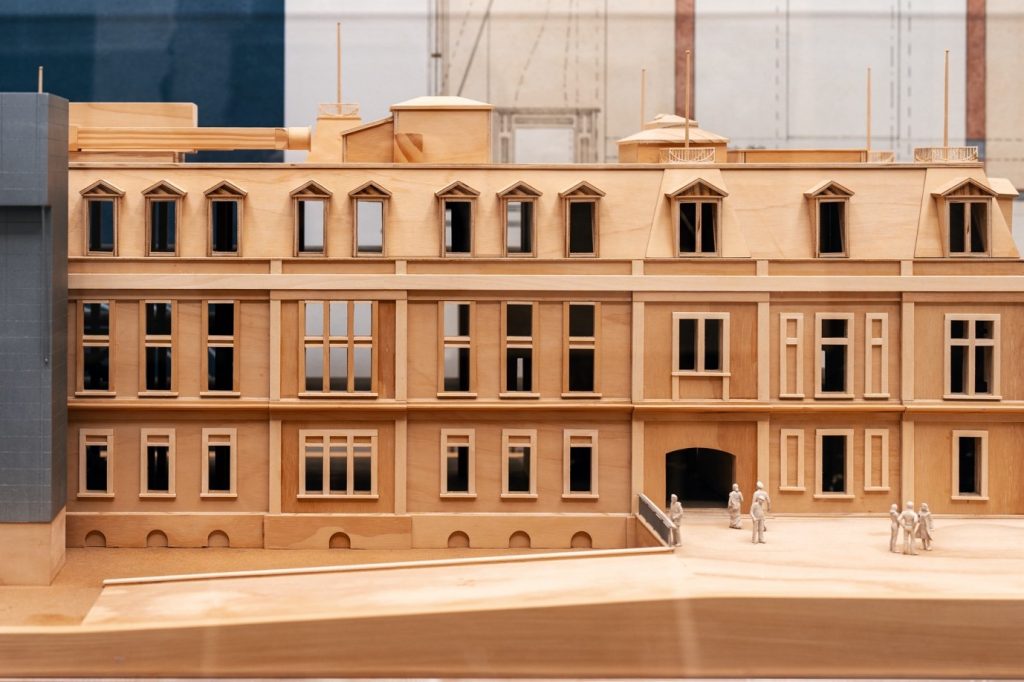Text by Maria Takolander. Photographs by David McCooey.
1. X’s parents had died, first one and then the other. There had been the usual shock and then the hell of clearing out their marital home. Fifty years, and the place was a museum of domesticity, which is to say full of worthless stuff. It was like entering a tomb, Egyptian in plenitude if not glamour, incontrovertible proof they hadn’t been able to take anything with them. X was only in her fifties, but divorced and childless. She started to clean up after herself.
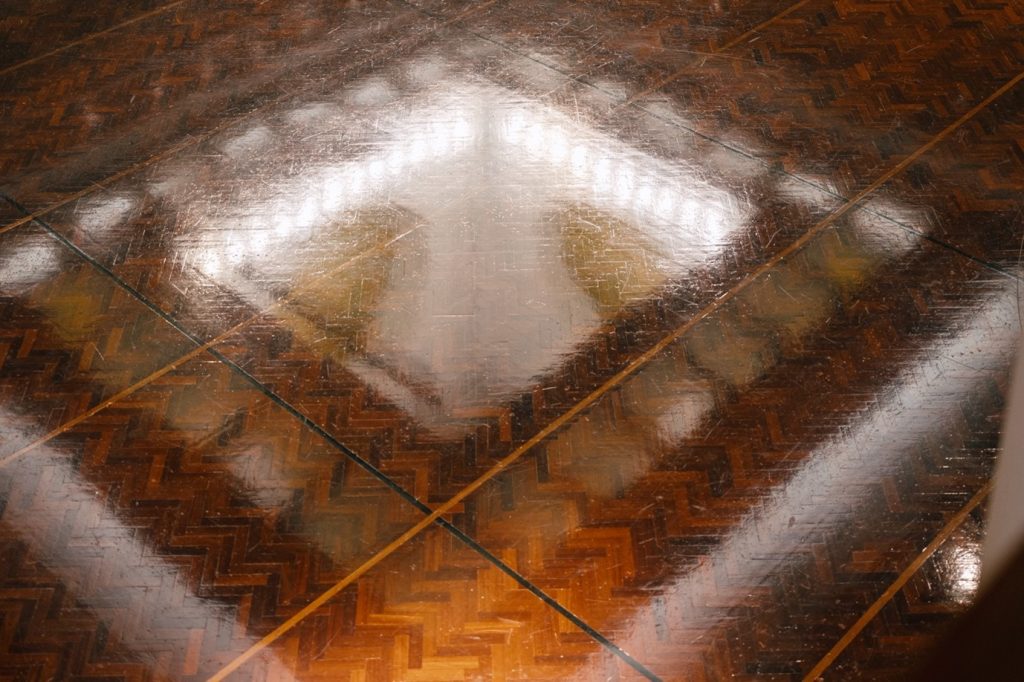
2. It was easy to throw away her half-used eyeshadow palettes and stained containers with cracked plastic lids. There was no such thing as away, but X moved bags of junk into her rubbish bin, where they would be moved in turn to the local landfill. The solution wasn’t perfect, but if Earth could bury Chernobyl’s radioactive helicopters and armoured trucks then surely it could also squirrel away her collections of rusty screws and chipped knick-knacks.
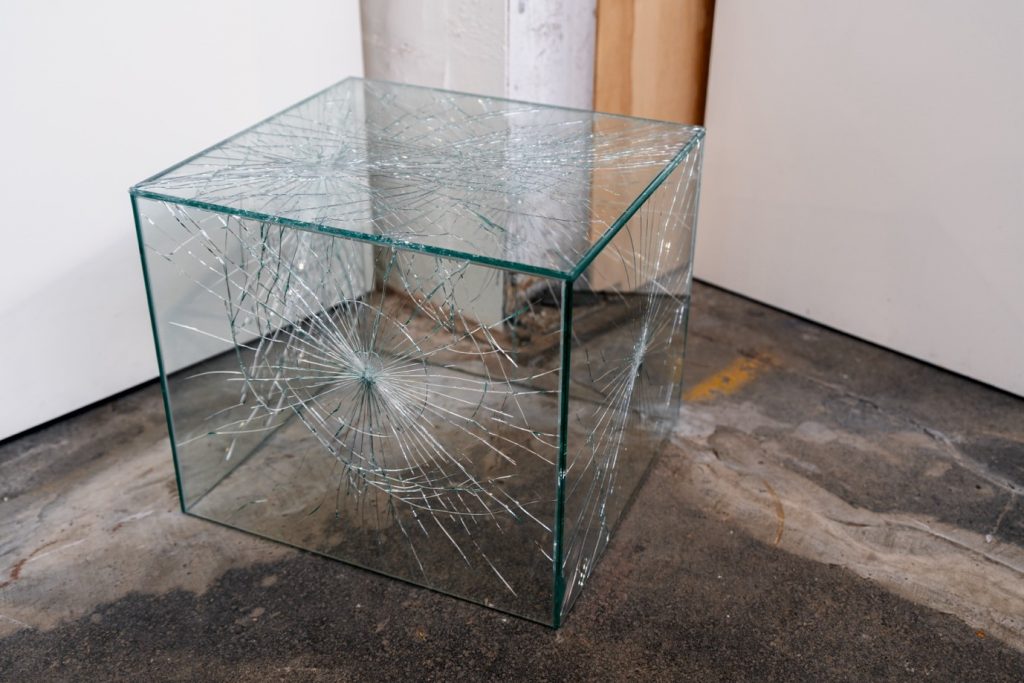
3. Most gifts were unwanted. Sandals she hadn’t worn for years—her feet had been slyly growing all along—went into charity-store bins, along with books that were well-read, books she’d never read, books she’d never read again. X carried occasional chairs and side tables and ornamental lamps onto the roadside. They looked exposed out in public, but there was nothing linking them with her, and it wasn’t long before neighbours herded them inside again.

4. She burned her diaries and photographs. The work was laborious, requiring the robust collaboration of an iron poker. X wondered if crematorium workers experienced such satisfaction watching caskets transubstantiate into ash. Soon after she found herself troubled by thoughts of polaroids taken by school friends and letters sent to pen pals. X vaguely recalled a mix tape, featuring commentary and confessions, made for a fellow teenager in Sussex.
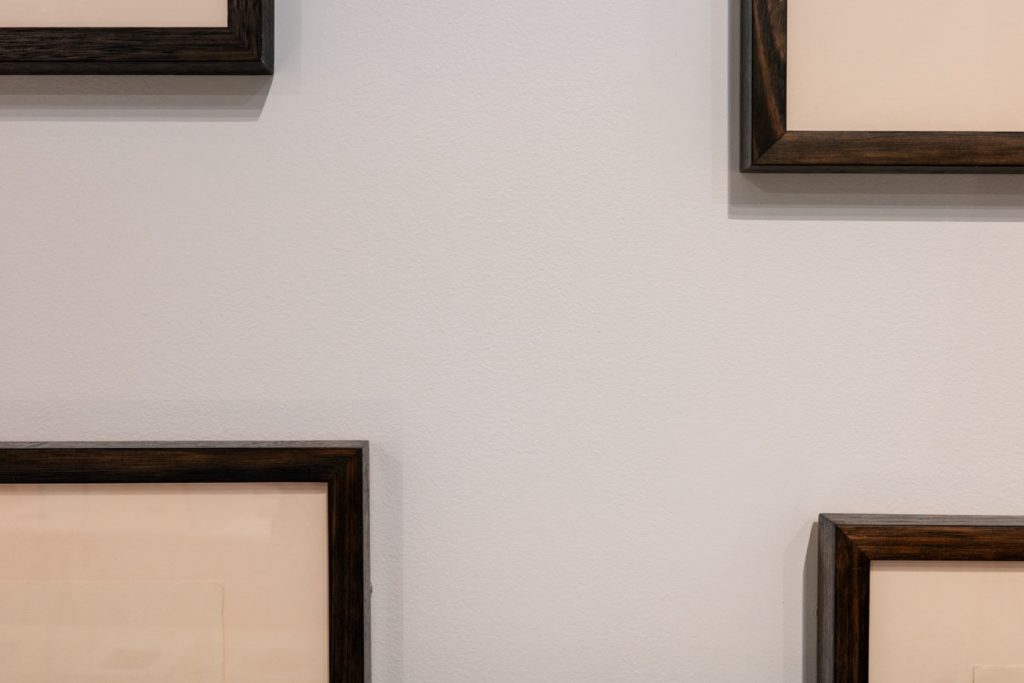
5. The thought of her recorded voice appalled her, as if her soul was being held captive. X sought to verify the ancient adage that money can buy anything. Modern thieves were expensive but professional. Emails and texts were extracted from inboxes and phones by a nameless specialist who assured her that his victims would probably never know anything had been lost. X hadn’t succumbed to social media, but she paid extra for the comprehensive wash.
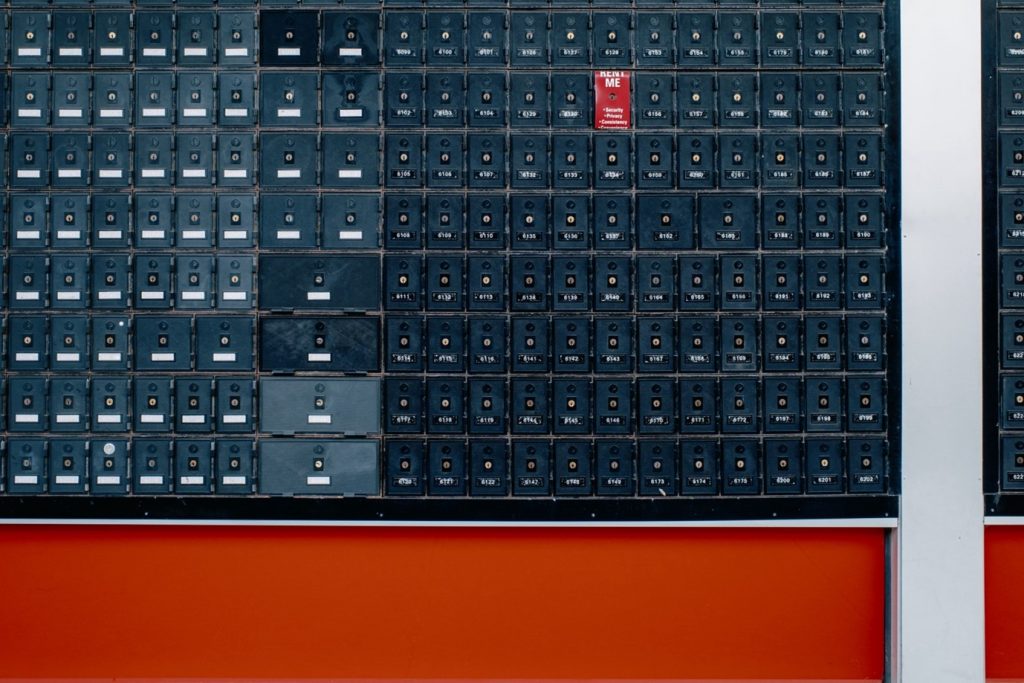
6. When she Googled herself, she had gone missing, but she discovered a Swedish woman with a similar name who alleged to read minds. This kept her up at night. Difficult but not impossible, was what the neurosurgeon said when X inquired if memories pertaining to her could be removed from people’s brains. But did she need to go to all that trouble? After all, the controversial specialist said, the passage of time would inevitably render everyone anonymous.
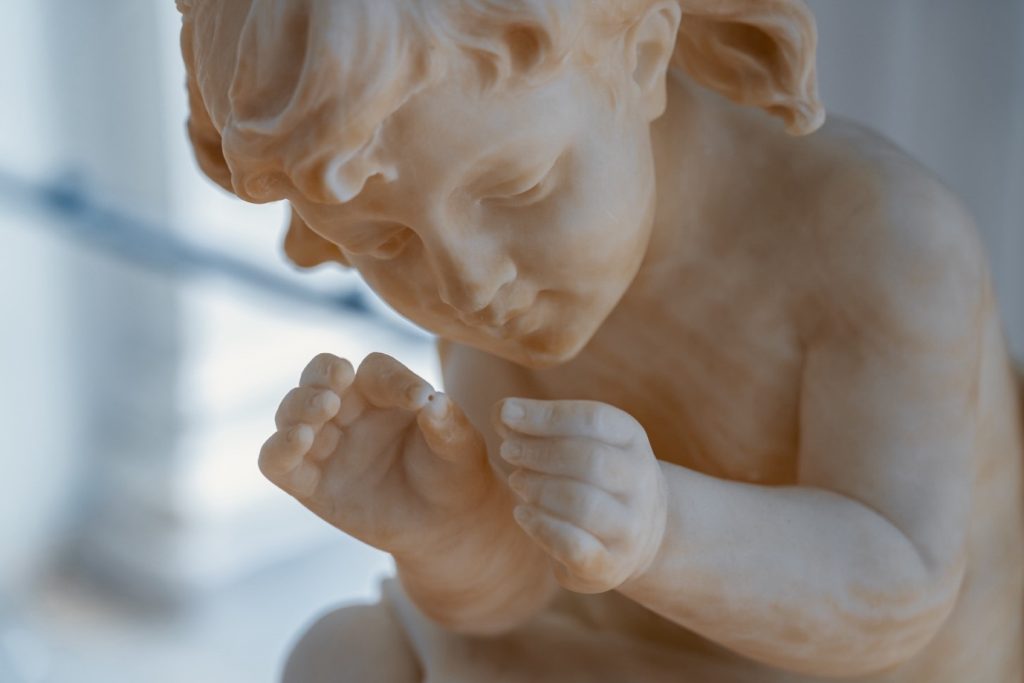
7. Cleanliness is next to godliness, X could have said, though she didn’t care to explain. Neither did she care for the doctor’s philosophising. She also guessed that, for all the man’s words about history, his true interest would be currency. After all, he would be furnishing his own mausoleum, which his children would eventually empty of trash and treasure, shocked that their father could vanish when he was surrounded by so much that was material.
